
This editorial article is a part of Software Trends Month 2022 of Technical.ly's editorial calendar. This month’s theme is underwritten by Spotify. This story was independently reported and not reviewed by Spotify before publication.
That’s come especially amid the fall of some prominent national programs. And yet, during that same period, bootcamps and similar tech education programs geared toward adults have grown in markets like Wilmington: Locally, the number of bootcamps has increased through the COVID-19 era. You could even say the model is thriving in this smaller market.
Coding camps first came to Wilmington via the nonprofit Tech Impact’s IT Works program, which focuses on adults age 18 to 26 who do not have a college degree. Tech Impact has a permanent base in Wilmington today and is highly embedded in Delaware’s tech ecosystem, but when it first began running cohorts in Wilmington, instructors traveled from Philadelphia and held classes in spaces provided by local partners.
The first fully-Wilmington-based coding bootcamp was nonprofit Zip Code Wilmington, founded in 2015 and based at The Mill coworking space. Zip Code has seen leadership changes since it started, but it’s only increased and diversified its programming. Then came Code Differently, which took the bootcamp model and made it more flexible and accessible, especially for parents and low-income community members. Finally, Tech Elevator, a Cleveland-founded bootcamp network, opened up a school in Wilmington in January 2022, with support from Tech Impact.
These aren’t the only coding education programs in Delaware. The local colleges and universities have software development certification education, and there are plenty of location-neutral online bootcamps you accessible from the First State. But when you talk about bootcamps in Wilmington, the aforementioned are the big ones.
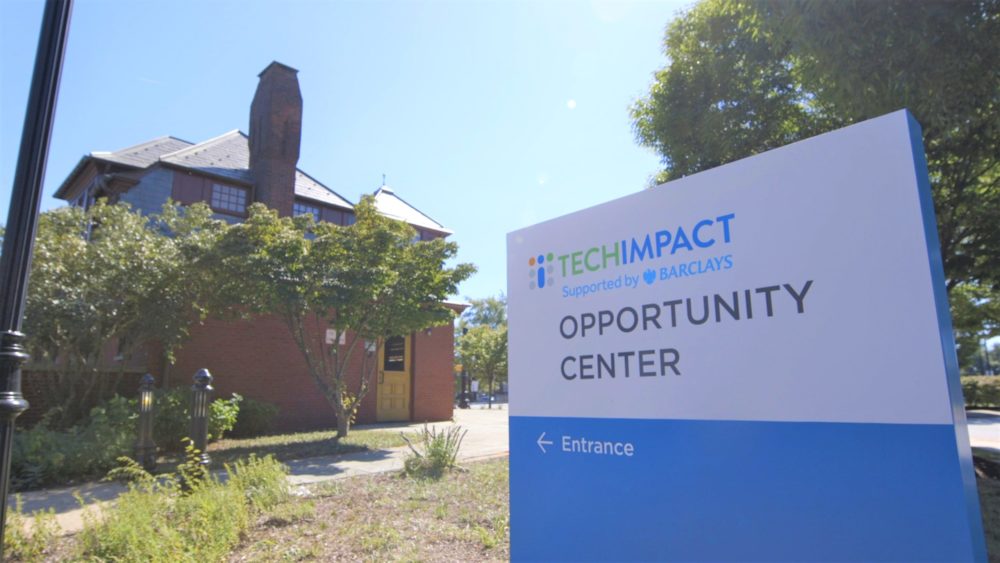
Tech Impact’s new Wilmington center at the former B&O Station on the Riverfront. (Courtesy photo)
The predictions of the demise of coding bootcamps in the mid to late teens were based on a couple of things: One, there had been an explosion of for-profit online coding camps that weren’t delivering on promises of high job placement rates, tarnishing the model’s reputation. And two, the original bootcamp model that came from the ultra-competitive Silicon Valley culture of the aughts didn’t necessarily translate to the rest of the country.
Based on the old-school version of coding bootcamps, maybe they are dying out. But what has evolved out of the concept — that a person can learn software development relatively quickly if they immerse themselves in it, sans college degree — is very much surviving.
So, Technical.ly asked leaders of Tech Impact, Zip Code, Code Differently and Tech Elevator: How have Delaware coding camps evolved over these past five years? What they said was that, for those interested in becoming technologists, there is something for just about everyone if you compare and contrast the programs — and that’s just one thing that’s changed in recent history.
Bootcamps are fostering inclusive tech workplaces
The early coding camps taught corporations to rethink some of their hiring practices, as they produced certified, quality entry-level candidates.
“More and more employers are realizing that a four-year degree is not essential to be a productive and contributing member of the application development team,” said Patrick Callihan, CEO of Tech Impact. “They are more willing to hire nontraditional students from bootcamps/workforce development programs. This is now necessary to remain competitive for the talent that is in the market and to meet their growing demands for tech talent.”
As diversity, equity and inclusion becomes more important to tech employers, coding camps — especially tuition-free ones like Tech Impact’s IT Works — have become a part of the pipeline for diversification.

Students at the Tech Impact Opportunity Center in Wilmington. (Courtesy photo)
Bootcamps are keeping up with growth
The number of coding bootcamp graduates has exploded over the last few years.
“In less than a decade, the coding bootcamp landscape went from a desert to a jungle,” said Desa Burton, executive director of Zip Code Wilmington. “According to a study by Course Report, there were 6,740 bootcamp [graduates] in 2014. This increased to 24,975 by 2020 and may be closer to 30,000 by now. Even so, there are still only hundreds of full-stack, in-person bootcamps across the country and only a handful of those that are nonprofits like Zip Code Wilmington.”
Zip Code originally offered one course, focused on Java. After hearing the needs of its corporate partners — the ones who go on to hire Zip Code grads — it launched its data engineering and analytics course, focusing on practical applications of data collection and analysis using software tools like Python, Panda and Spark.
Within nine months, Burton said, “we were able to develop a curriculum with input and guidance from our corporate partners, advertise the program to the public, and launch the first cohort in 2020.”
Other Zip Code programming launched within the last couple of years includes the B1ue N0te Youth Training Program offered through Delaware high schools; the Coding Builds Community Loan Program, developed through a partnership between Discover Bank and Stepping Stones Community Federal Credit Union; and the Break Into Tech Scholarship & Stipends Program, available to low- to middle-income Delaware residents who are admitted into a Zip Code program.
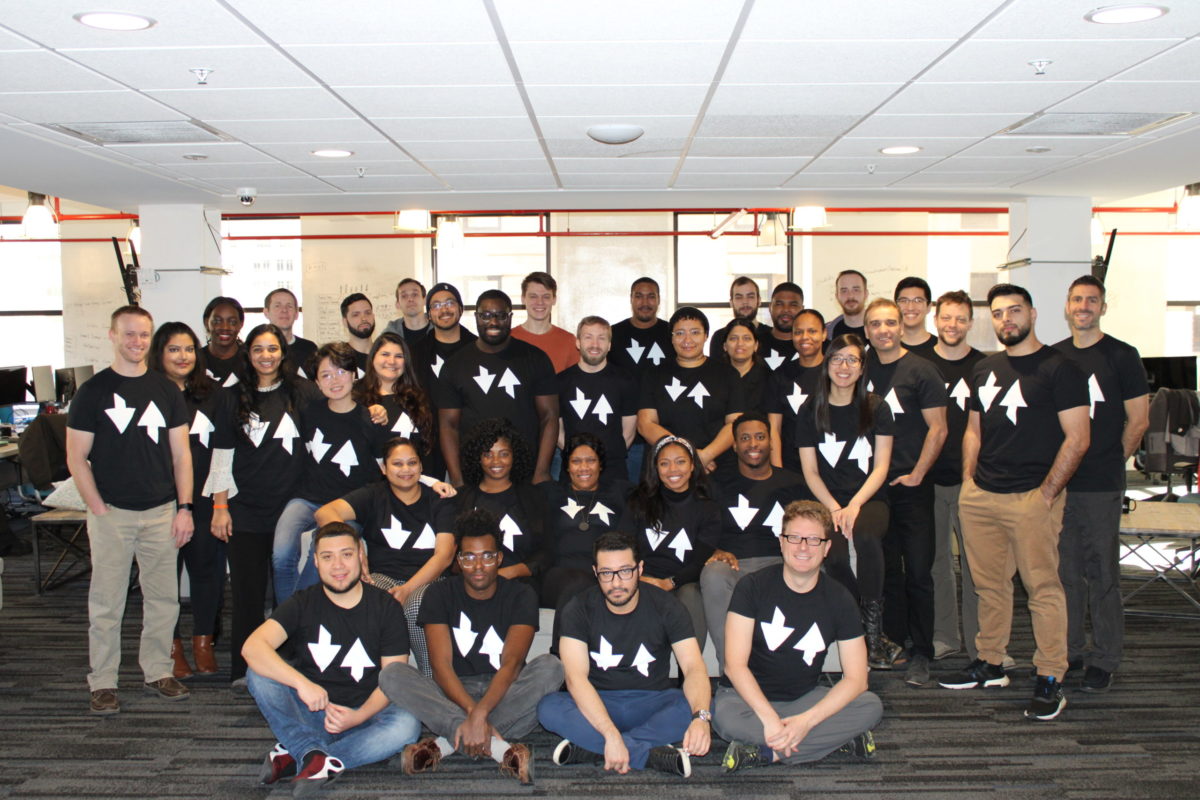
Zip Code Wilmington students in January 2020. (Courtesy photo)
Bootcamps are focusing on communities
Code Differently, founded in 2018 by Tariq Hook and Stephanie Eldridge, took the basic coding bootcamp model and made it more intentional in its focus on helping underrepresented people, especially Delawareans of color, access careers in software development — often, high-paying careers that could potentially transform families and communities.
Its programming is experiential and intensive, but it doesn’t require students to give up working for an extended period of time like a more traditional bootcamp. Code Differently is also nonprofit, its cohorts are tuition-free, and if a participant struggles financially they may qualify for a stipend. Depending on a student’s needs, they may receive additional help such as child care or transportation.
“They’ve really made it to where it fits real life so that it’s feasible,” said Curra Latham, a Code Differently student and technical consultant with Code Differently partner ServiceNow. “It’s easy to tell a bunch of 18- and 19-year-olds who live at home with their parents to stop whatever you’re doing for 13 weeks, but for a lot of us, we’re adults with kids and bills and houses and mortgages. So for me, the part-time option allowed me to maintain my full-time job and still get the additional technical knowledge.”
Options like part time learning doesn’t make the cohorts any less connected than more traditional fully immersive programs, Code Differently project coordinator Anthony Robbins said.
“It’s a very unique training provider because with everything that they offer, it’s not just a bootcamp, it’s like a family,” Robbins said. “We go the extra mile for family and we make sure we’re here to hold each other accountable — because we know, at the end of the day, we’re trying to develop progress. That’s just the culture.”
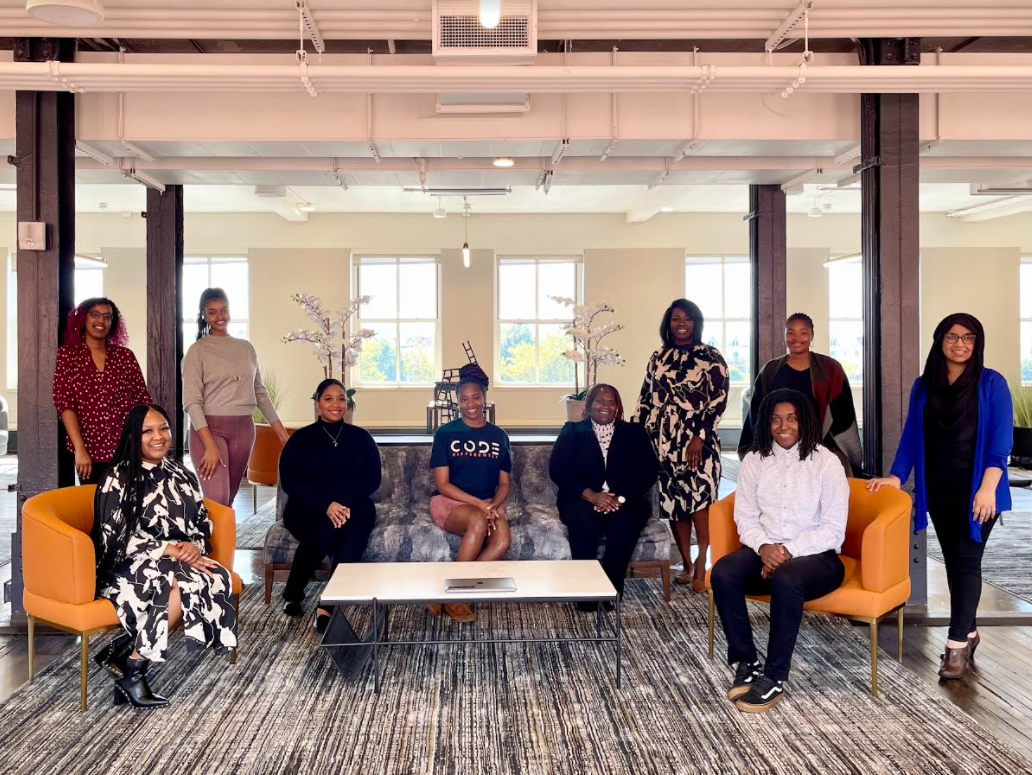
Members of Code Differently’s fall 2021 cohorts. (Courtesy photo)
Bootcamps teach a range of skills
Anthony Hughes, cofounder and CEO of Tech Elevator, has a national perspective and a Midwestern base. Just over a decade ago when coding bootcamps started to take off, they were largely coastal, and largely geared toward people looking to launch tech startups.
“What we’ve seen emerge as the industry has matured is a greater representation of full stack and a greater representation of enterprise languages,” Hughes said. “And what I mean by that, in our particular case, we teach both Java and dotnet, where the original bootcamp started was a high concentration of startups who were more likely to use languages like Ruby on Rails because it’s quick, it’s easy to spin things up fast. Now you’re using more enterprise languages like dotnet, and we’ve seen a growing portion of the industry represented in those in those languages, in part driven by the fact that organizations like Tech Elevator have increasingly grown and gained market share and more and more individuals come to us because of our outcomes.”
Another major change is a focus on more than just technical skills. Every coding bootcamp highlighted in this story, including Tech Elevator, also teach soft skills and tips for the job-seeking process.
“With the early coding bootcamps, there was such pent up demand that they were able to focus purely on the technical skills,” he said. “They were in markets like New York, Boston, San Francisco, where the early grads could get jobs quickly. But as the industry sort of started to proliferate and became a bit more mainstream, what started to happen was the placement rates started to dip — it wasn’t just enough to have the skills, you needed to navigate job search process. And so when we started Tech Elevator, we asked ourselves a fundamental question, which was are people coming to us to learn how to code, or they’re coming up to us to get a job as a software developer and learning how to code is just a means to that end? And really, the answer to that question is it’s the latter. And if you want to be absolutely sure that you can be effective in delivering on helping people get to where they want to be, then you can’t just teach them how to code. You’ve got to support them.”
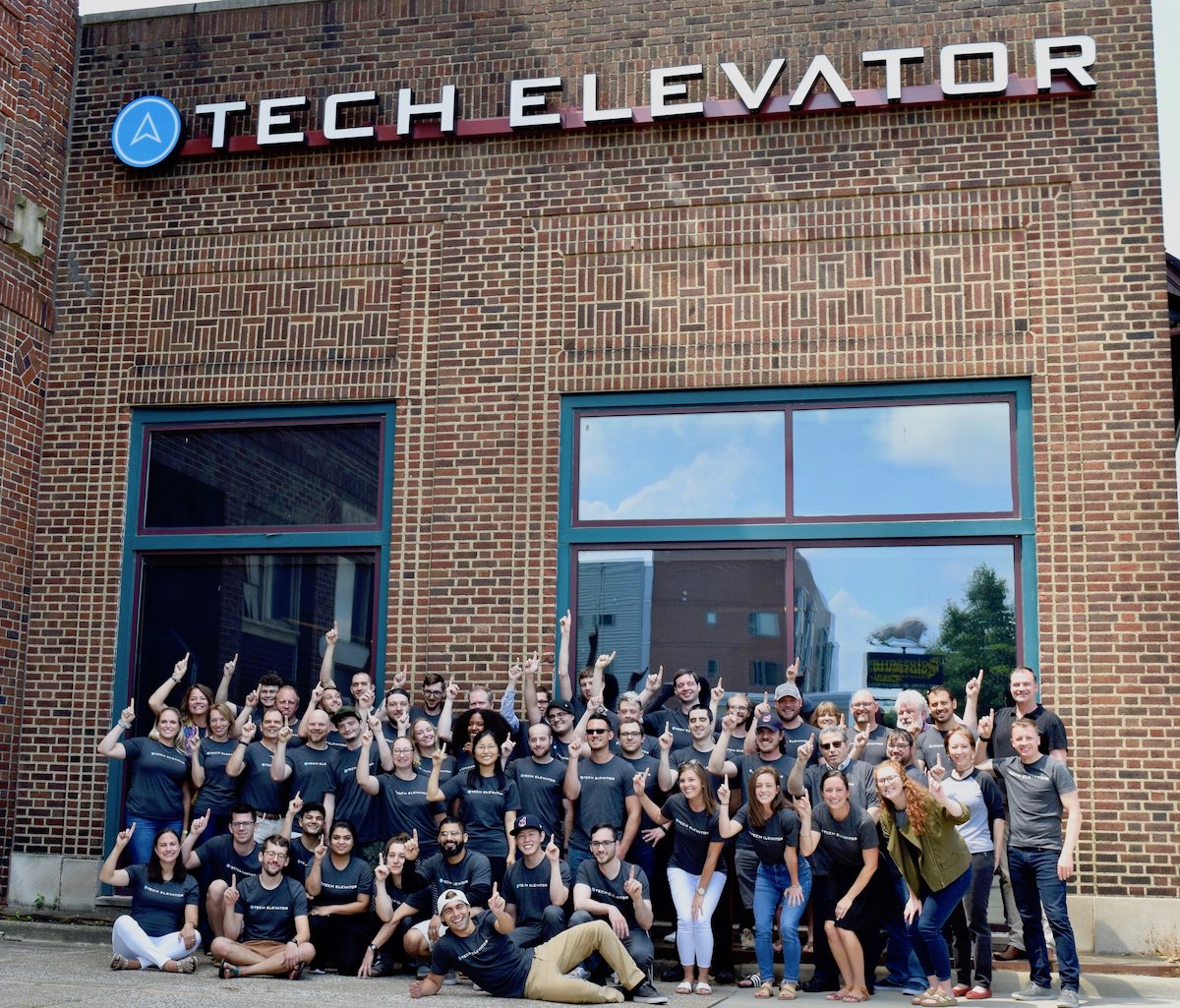
A past cohort ofTech Elevator Cleveland. (Courtesy photo)
Join the conversation!
Find news, events, jobs and people who share your interests on Technical.ly's open community Slack

Delaware daily roundup: DE in DC for 'Communities in Action'; diversifying the coffee supply chain; Invista's future
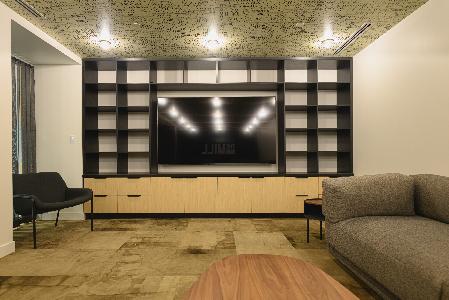
Delaware daily roundup: Where to cowork in 2024; Intertrust Group rebrands; the Visitor Bureau's new website

Delaware daily roundup: Bronze Valley Venture Labs returns; AI and SaaS' future; $200K for students' health careers


